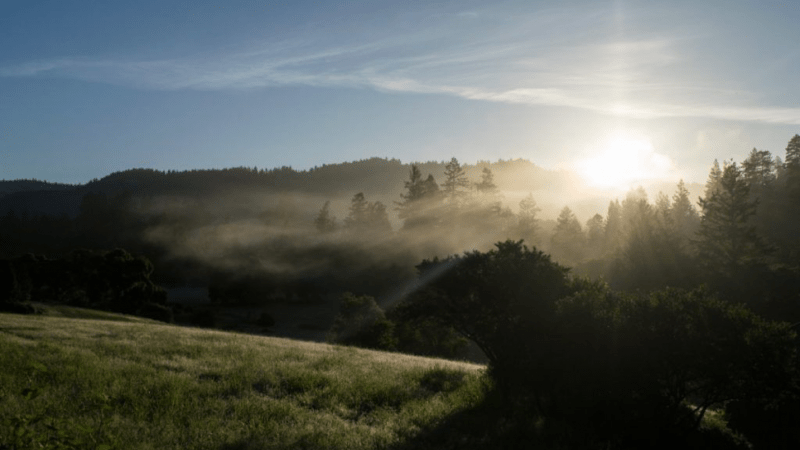The Business of Giving Podcast The Business of Giving Podcast
``WHY INNER WELLBEING IS ESSENTIAL FOR ALL CHANGEMAKERS`` THE BUSINESS OF GIVING WITH DENVER FREDERICK ``WHY INNER WELLBEING IS ESSENTIAL FOR ALL CHANGEMAKERS`` THE BUSINESS OF GIVING WITH DENVER FREDERICK
Social activists have a disproportionately poor quality of life. Many struggle with depression, burnout, high divorce rates, and financial pressure. And while 75% of changemakers surveyed felt that looking after their wellbeing was very important, only 25% reported they actually did to a great extent.
The Wellbeing Project was created to change the culture of the field of social change to one welcoming of inner wellbeing, and to catalyze an infrastructure to support everyone working in the field. They believe that wellbeing inspires welldoing. And here to discuss this work with us is Aaron Pereira and Sandrine Woitrin, the project leads of The Wellbeing Project.















































